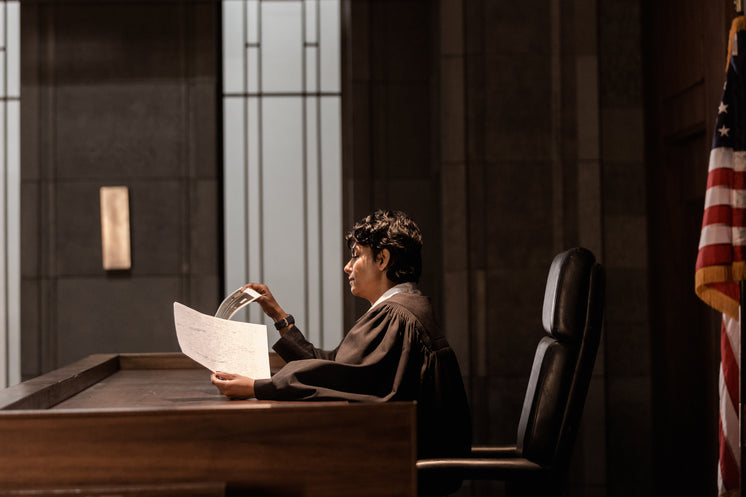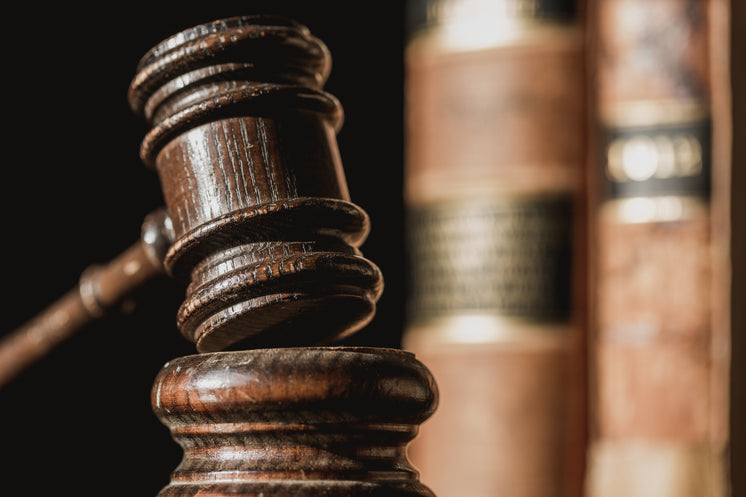- Home
- Our services
- All Listings
- Developments
- MLS Search
- Contact Us
- Blog
- RURAL BEAUTY
- The house of your dreams!
- Life on the lake shore
- Tourism in the Chapala Rivera
- Life in La Ribera de Chapala
- The Ajijic Tianguis
- Malecon de Chapala
- La Milagrosa Park
- Chapala Tianguis
- Old train station in Lake Chapala
- Visit to Mezcala de la Asunción
- Choosing a sales agent
- How to sell a property in Lake Chapala
- Buying a house in Lake Chapala
- Disc Golf Circuit
- Laguna Mall Center
- Nieves Arrañaga in La Floresta
- Why live in Lake Chapala
- Cost of living
- About Us
- Testimonials
- FAQs
chettrapp9636
About chettrapp9636
In recent years, there have been significant changes to the law courts in the United Kingdom.
In the area of family law, Ireland has taken significant steps to protect the interests of children and vulnerable adults. The courts can issue protection orders, custody arrangements, and maintenance orders. Family law proceedings are generally held in camera (in private) to ensure confidentiality and protect the dignity of those involved.
 One of the key challenges facing the legal aid system in the UK is the limitation of resources. Over the years, the government has implemented cuts to the legal aid budget, which has led to a reduction in the scope of services available to those in need. The Legal Aid, Sentencing and Punishment of Offenders (LASPO) Act 2012, for instance, significantly restricted the eligibility for civil legal aid. Many individuals who might have qualified for legal aid previously are now left without support, particularly in non-criminal cases such as welfare benefits, immigration, and housing disputes.
One of the key challenges facing the legal aid system in the UK is the limitation of resources. Over the years, the government has implemented cuts to the legal aid budget, which has led to a reduction in the scope of services available to those in need. The Legal Aid, Sentencing and Punishment of Offenders (LASPO) Act 2012, for instance, significantly restricted the eligibility for civil legal aid. Many individuals who might have qualified for legal aid previously are now left without support, particularly in non-criminal cases such as welfare benefits, immigration, and housing disputes.
To conclude, legal aid in the UK is an essential component of the justice system, providing individuals with access to legal representation and advice, regardless of their financial circumstances. Despite facing significant challenges due to funding cuts and restrictions, legal aid remains a vital service for ensuring that everyone has the opportunity to access justice. Whether in criminal, civil, or family law cases, legal aid helps to level the playing field and ensures that the legal process is fair for all. With ongoing advocacy and reforms, there is hope that legal aid can be expanded and improved to better serve those in need in the future.
Ireland has also established the Judicial Council to promote excellence and accountability within the judiciary. It supports ongoing training, manages complaints against judges, and encourages best practices in legal decision-making.
 Court closures across the UK has also been a contentious change in recent years. As part of cost-saving measures, the UK government has closed a number of local courts, arguing that the savings can be reinvested in digital systems or more essential court services. Critics, however, argue that closing courts disproportionately affects those in rural areas or disadvantaged communities, where access to alternative courts may be limited. The closures have sparked fears about the accessibility of justice, with many questioning whether individuals will be able to travel to more distant courts or whether they will face delays in their cases being heard.
Court closures across the UK has also been a contentious change in recent years. As part of cost-saving measures, the UK government has closed a number of local courts, arguing that the savings can be reinvested in digital systems or more essential court services. Critics, however, argue that closing courts disproportionately affects those in rural areas or disadvantaged communities, where access to alternative courts may be limited. The closures have sparked fears about the accessibility of justice, with many questioning whether individuals will be able to travel to more distant courts or whether they will face delays in their cases being heard.
Law courts in the UK also have an important duty to maintain public confidence in the legal system. Courts must operate in a transparent and accountable manner, ensuring that their decisions are well-reasoned and based on law. Transparency is vital to maintaining public trust, as it ensures that individuals feel confident that their cases will be heard fairly. Courts also play a role in educating the public about the legal process and promoting awareness of the justice system’s role in society. Without public confidence, the effectiveness of the entire legal system can be undermined.
In civil law, there have also been numerous claims stemming from court building accidents. When you adored this information along with you want to acquire more details regarding California law firm marketing i implore you to go to our site. Personal injury solicitors frequently handle cases where clients have suffered due to negligence within public buildings—including courts. Claims typically cover medical expenses, lost earnings, and general damages for pain and suffering. Defendants in these cases are usually government departments or local authorities responsible for court maintenance.
As a result, many people are now forced to represent themselves in court, a situation known as ”litigants in person.” This has raised concerns about the fairness of the legal system, as individuals without legal expertise may struggle to navigate complex legal processes and present their case effectively. The issue is especially prevalent in family law cases, where emotional and personal stakes are high.
Legal professionals in Ireland includes solicitors and barristers. Solicitors handle most legal work, including advising clients and preparing documents, while barristers specialise in courtroom advocacy. Both must be registered with their respective professional bodies: the Law Society of Ireland for solicitors and the Bar of Ireland for barristers.
In some cases, legal aid may also provide funding for expert witnesses or investigators, which can be vital in building a strong case. For example, in medical negligence or complex financial disputes, expert testimony is often necessary to support the claims being made. Without legal aid, these vital resources would be out of reach for many individuals, potentially leading to unjust outcomes.
Court stenographers. They provide an accurate, verbatim record of what is said during hearings, which can be used for appeals, record-keeping, or future reference. Court reporters must be highly skilled in shorthand or transcription software to keep up with the fast-paced nature of court hearings. The transcripts they produce are often used to ensure that judgments and decisions are correctly recorded and can be referenced in the future.
Sort by:
No listing found.
